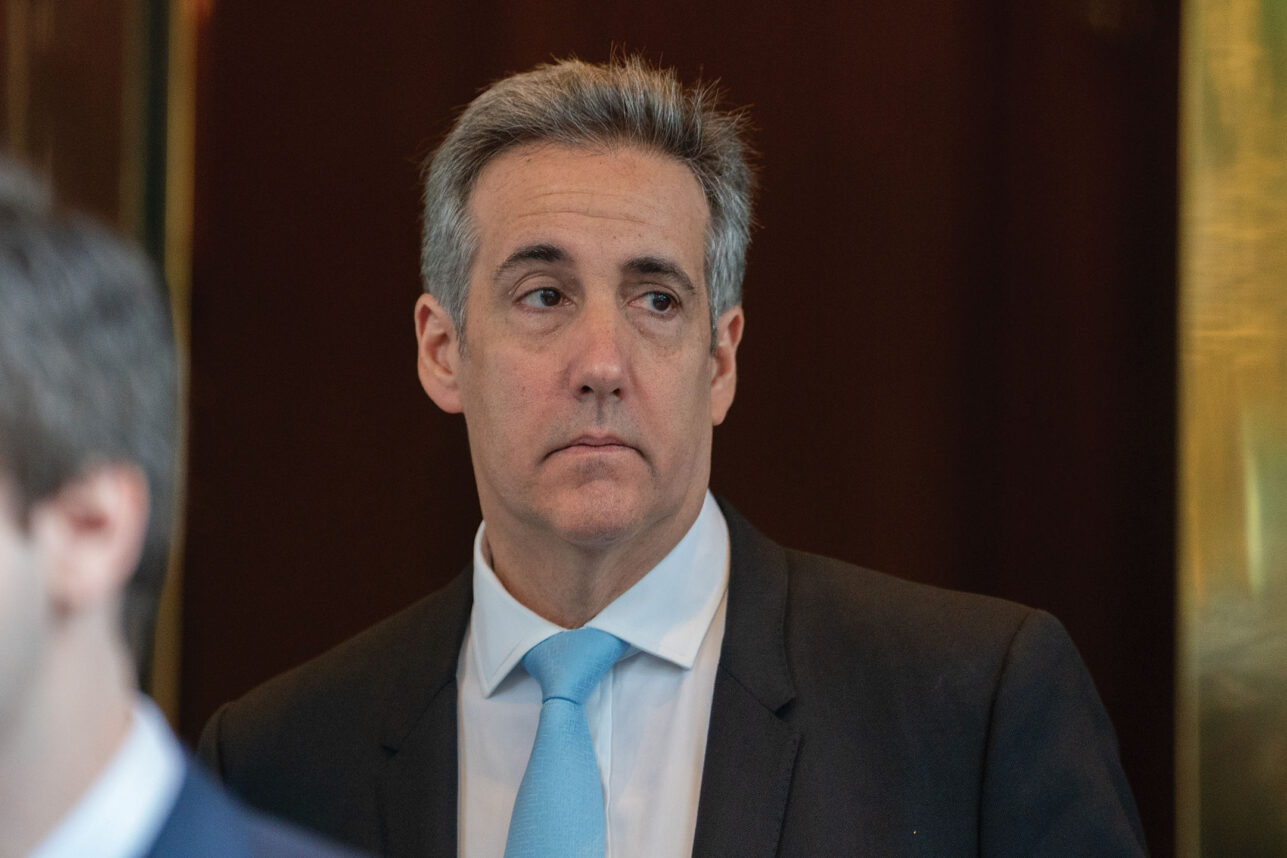That Israelis are somewhat confused about their relations with world Jewry is not exactly new, nor is it surprising. At times, it is the fault of pollsters who tend to ask confusing questions for which simple answers are hard to come by. At other times, it is because the reality is confusing. Israelis – as I once demonstrated, relying on a poll – want world Jews to do as much as possible for them, without them necessarily having to do much in return. But that only proves that Israelis are human. A new poll by Israel’s Democracy Institute, released for Israel’s Jewish Media Summit, offers some interesting stats on this complex and fascinating relationship. 62% of Israeli Jews “believe that Jews in Israel and the Diaspora share a common fate”, yet “60% of Israeli Jews believe that the Jewish people in Israel are a nation separate from the Jews abroad”. Inconsistency? Surely it is. Is it the answer that is problematic, or the way the question was formulated? I’m not sure.
But take a look at another question in the poll: “What is the Primary Connection between Jews in Israel and the Diaspora?” This being a poll, the respondents had to choose between proposed categories. One of them, for which a plurality voted, is “Jewish culture and tradition” (40%). Do these “culture” and “tradition” belong in the same category? Connecting based on a shared “tradition” is connecting based on something rooted in the past. Connecting based on a shared “culture” has to do a lot more with the present, with current reality. There is no denying that Jews all around the world have a similar “tradition” – the Passover Seder is tradition, the Torah portion is tradition. As for culture – the answer is not at all as clear. American Jews have a Jewish culture that is different in many ways from Israel’s culture.
81% of Israeli Jews told the pollster, Tamar Herman, that they are “interested to know what’s happening with Jews in the Diaspora”. I find this hard to believe, unless one’s definition of “interest” is extremely forgiving. They say that they are interested because they understand that this is the right answer to give. “51% of Israeli Jews think that the Government of Israel, when making important decisions, should take into consideration the viewpoints of Diaspora Jews”. I hope this is true, though I have doubts here as well. The important question is not about generalities – “should it consider”. The important question that we should ask concerns specific topics. For example: should the government consider the views of world Jewry when deciding to pass a so-called “nationality law”? Not long ago I provided the government with a tool which could help make such considerations possible.
Many other examples exist. Herman’s poll shows (again, not for the first time) that Israelis by and large agree “that the Conservative and Reform movements in Israel should be given status equal to that of the Orthodox movement in matters of conversion and marriage” (51%). On the other hand – and this is, again, a case of inconsistency – “52% of Israeli Jews oppose allocating government funds to Reform and Conservative communities and rabbis”.
In any case, the support Israelis are willing to extend to the equal status of different streams of Judaism is admirable, as much as it is useless. On matters as complicated as conversion, a small and active minority will have much more influence than a silent majority. Proof: Israelis seem to not support the idea of Israel investing financially in world Jewish communities. “62% of Israeli Jews favor sending emissaries (shlichim) from Israel, 42% support the physical defense of facilities and people”, but a smaller percentage, 39%, back “financial support for Jewish communal activities”. And this comes only a short time after the Israeli government decided to do exactly that: put money aside for Jewish communal activities.
There is one thing I do find somewhat encouraging in this poll. When Israelis were asked to select “which of the following issues is most important for world Jewry to make its top priority” – their focus was more nuanced than just choosing the good-for-Israel type of answers. Assimilation was the top priority (29%) followed by the struggle against anti-semitism (24%). So Israelis are still under the spell of thinking about Jewishness in an alarmist way, and still tend to prioritize dealing with crises over looking at potential gains and opportunities. But still, it is nice that they want for Jews to take care of themselves first – assimilation, anti-Semitism – and only then to take care of Israel (strong connection to Israel – 13%; influencing local politicians on issues related to Israel – 9%; the BDS movement – 6%; and financial support for Israel – 5%).























 More news and opinions than at a Shabbat dinner, right in your inbox.
More news and opinions than at a Shabbat dinner, right in your inbox.